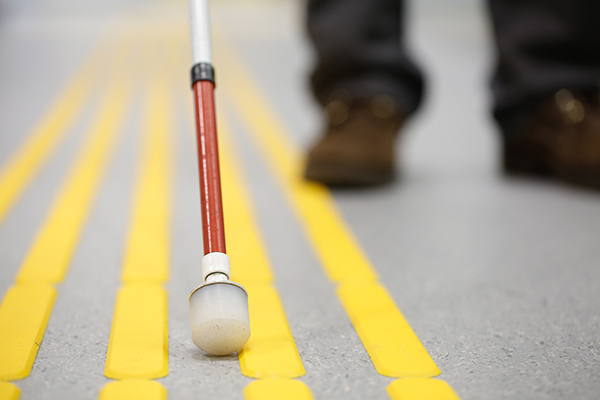Latest News Archive
Please select Category, Year, and then Month to display items
23 April 2020
|
Story Cornelius Hagenmeier
|
Photo Pixabay

The iKudu project, which is an European Union-funded Capacity Building in Higher Education (CBHE) project, has recently launched its blog, which aims to amplify the diverse voices of all iKudu stakeholders. In this space, members of the iKudu team will regularly share their views on the project and related international education topics.
The iKudu project focuses on developing a contextualised South African concept of Internationalisation of the Curriculum (IoC), which integrates Cooperative Online International Learning (COIL) virtual exchanges. The project was launched by the UFS in 2019, together with nine European and South African partner universities. It is funded by the European Union’s Erasmus+ programme with EUR999 881 (approximately R20 million) and is implemented over a three-year period.
The iKudu project is based on the fundamental belief that it is necessary to rethink internationalisation in an uncertain world. First, it is crucial to recognise and transform the power dynamics underlying international academic collaboration. Second, it is essential to develop pedagogies that allow every student to participate in international education, integrating technology where appropriate.
However, while all stakeholders agree on the fundamental tenets of the project and its principal goals, all iKudu stakeholders contribute different perspectives. In the blog, the iKudu stakeholders will provide a space for intellectual discourse on the project and related international education topics, which will allow constructive and critical engagement.
The link to the blog can be found at: https://www.ufs.ac.za/ikudu/ikudu-blogs/Transforming-Curricula-through-Internationalisation-and-Virtual-Exchanges
Tactile paving assists visually impaired
2017-10-28

Tactile paving is being installed at pedestrian crossings to assist
visually-impaired persons at the UFS.
Photo: Supplied
Crossing roads and accessing buildings has always been a challenge for people with visual impairments. They had to rely on peripheral sounds, such as car brakes and cues. However, after the installation of tactile paving – paving with special textures assisting the visually impaired to feel the difference between walking around on campus and crossing the road, this will no longer be a problem at the University of the Free State (UFS).
This is one of several developments that University Estates’ Department of Facilities Planning has in the pipeline for 2017 in order to ensure that the university attains its key component in providing a high-quality student experience.
Maureen Khati, Assistant Director of Project Management: Facilities Planning, says, “We saw the need to install these paving blocks in strategic spaces, as identified by the Center for Universal Access and Disability Support (CUADS).” She says these blocks will make it easier for people with visual impairments.
Special features designed to aid visually-impaired persons
These installations have special features that will assist those students and employees with limited vision or blindness to navigate through pedestrian crossings and the different campus buildings. The university chose a unique design of tactile paving that focuses on warning and directing those with visual impairments.
UFS eager to improve accessibility and mobility
The university, and all the stakeholders involved in this initiative, are delighted to be embarking on this project and are looking forward to its successful execution. To improve accessibility and mobility, more accessible entrances and exits will be built, effective signage will be installed inside and outside buildings, but the most important aspect is that dedicated seating space will be made available in lecture rooms for special-needs students.
Khati says, “More focus has been put on installing ramps in all buildings to make them more accessible for people with disabilities, as well as other needs required to enhance accessibility at the UFS.”
For the UFS, this initiative is one of many to come, as extensive research is being done and priorities are implemented accordingly.